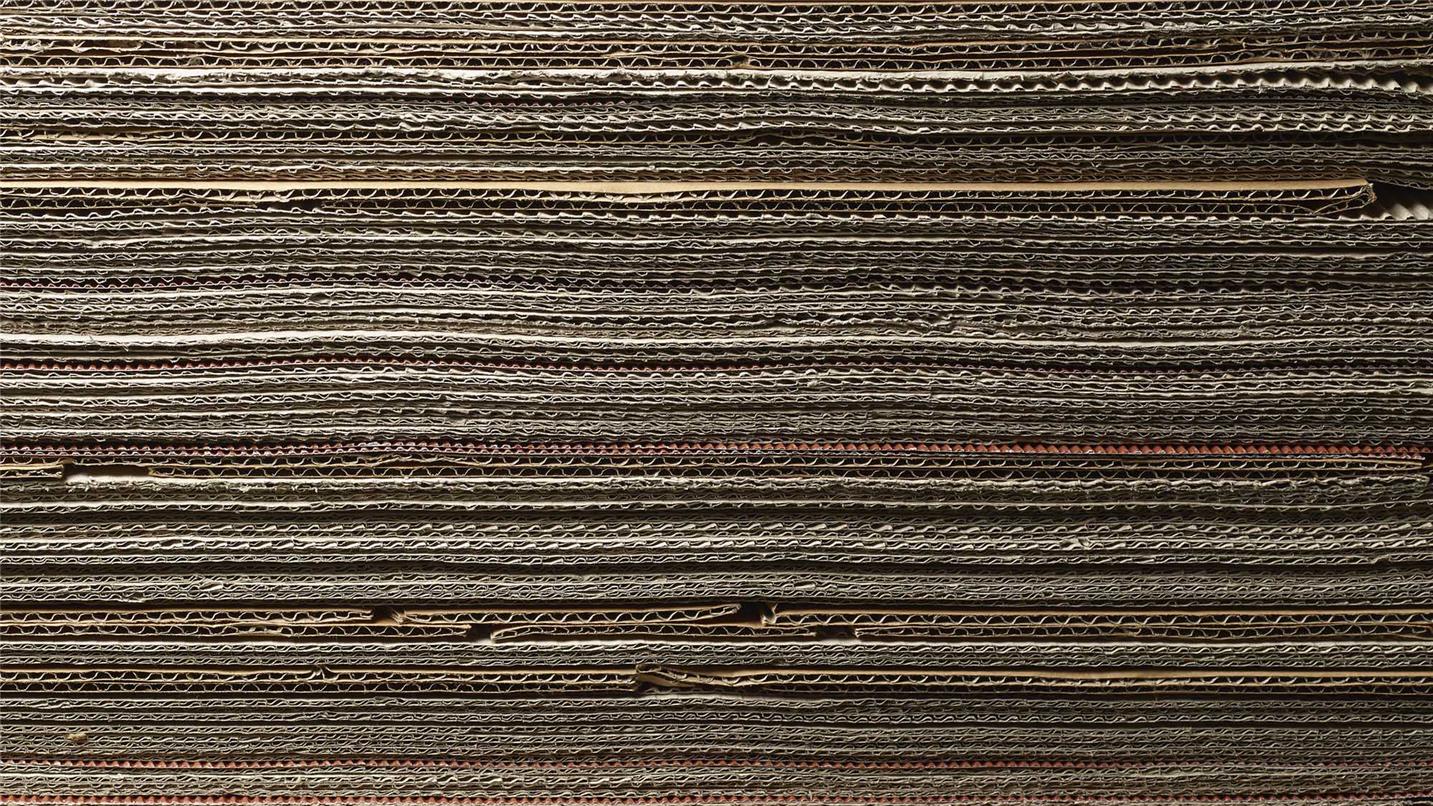Realising efficiencies on a major facilities management contract
To identify opportunities for improvement
Our review identified a series of areas with potential for improvement. The main ones were:
- ‘Loose’ dry mixed recycling at the site necessitated regular weekly collections, resulting in high costs.
- Although the site employed a machine for baling card, collections were required fortnightly to remove the 250kg bales.
- The site’s four-bin system appeared to be causing some staff confusion so that materials were often placed in the wrong bin, resulting in high levels of contamination.
A more efficient and cost-effective system
Our experienced team recommended a series of improvement measures.
Installing a compactor for dry mixed recycling drastically reduced the space taken up by the previously loose waste, and the frequency of waste collections.
Handling of the waste card was transformed by replacing the gas-powered baler with a more efficient hydraulic baling machine. This can produce larger, denser bales – double the previous weight of 250kg – increasing efficiencies on site.
Recycling rates have also been improved and contamination reduced by simplifying the internal bin system. A three-bin system was trialled in one of the four neighbourhoods on the estate. The new system has bins for general waste, dry mixed recycling and disposable paper cups, which are clearly labelled.
Higher recycling rates, lower transport costs
The switch from weekly to fortnightly collection of dry mixed recycling materials has halved transport costs. Meanwhile, the fall in vehicle movements has associated benefits for the site’s carbon footprint and staff safety.
More efficient baling not only reduced staff worktime, it more than halved the collection frequency for 250kg bales (from fortnightly to once every 1-2 months) and slashed transport costs. And it means a rebate of about £50 per bale. Removing redundant equipment freed up more storage space for the bales, resulting in four-monthly collections, and further savings.
Processing costs have been cut by more than 15% due to the overall improvements in site efficiency. The new three-bin setup is visually neater as well as more user-friendly.
Site staff have reported:
- Increased quantities of dry mixed recycling being collected.
- Reduced contamination of this material stream.
- A reduction in general waste.
- Effective separation of paper cups.
The trial demonstrated the substantial environmental benefits and costs savings to be made across the whole site. Due to its success, our client ordered a further 20 recycling stations, which will be deployed site-wide.
15
%
reduction to processing costs
50
%
reduction in transport costs
